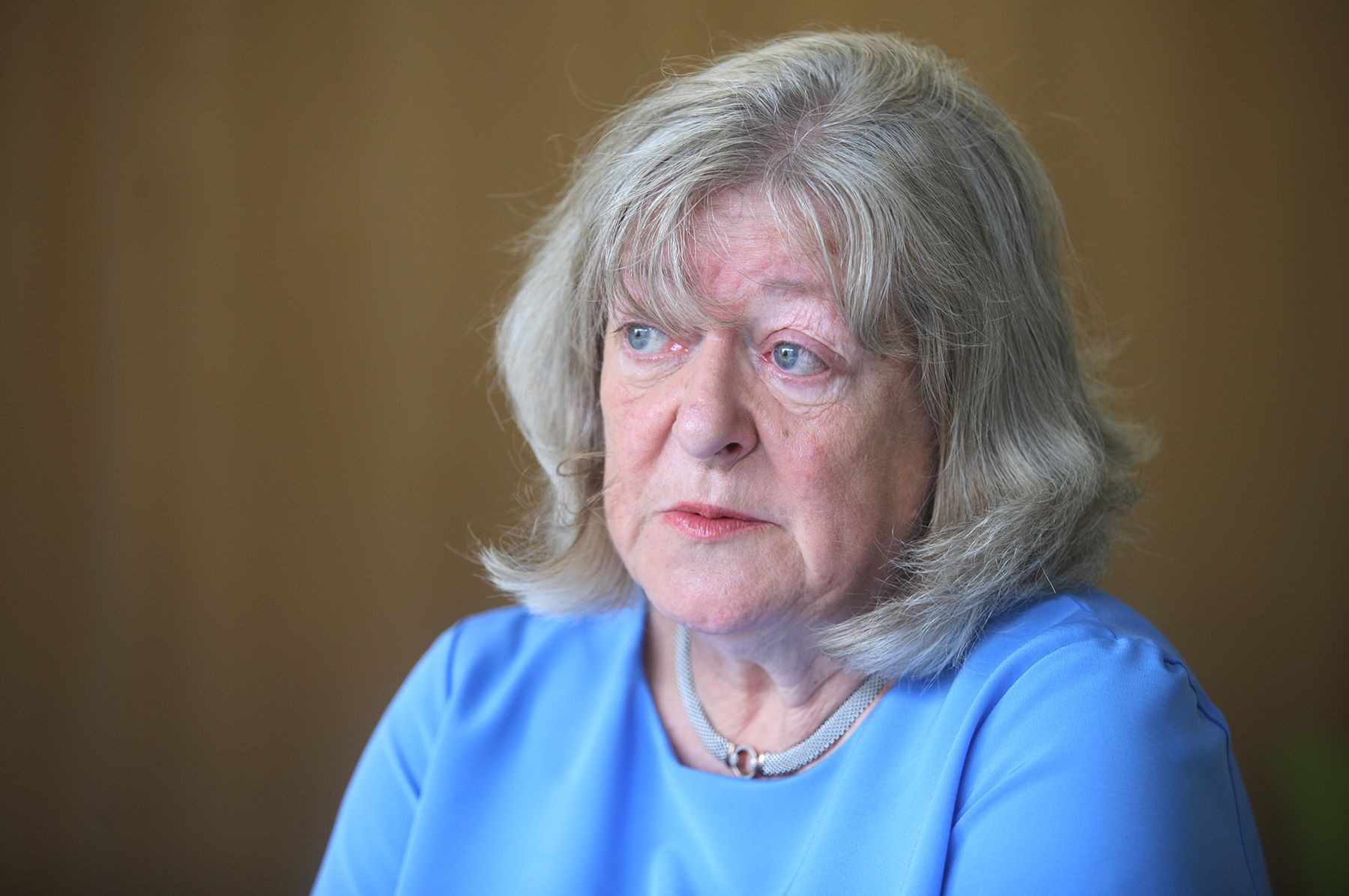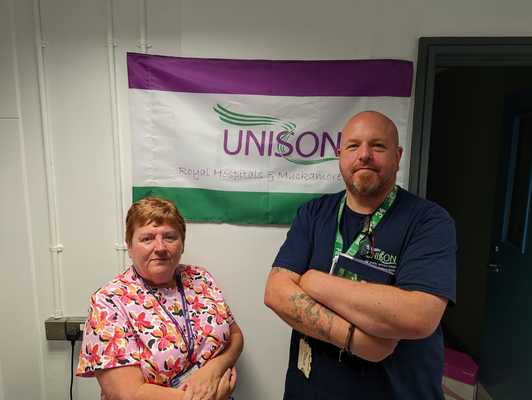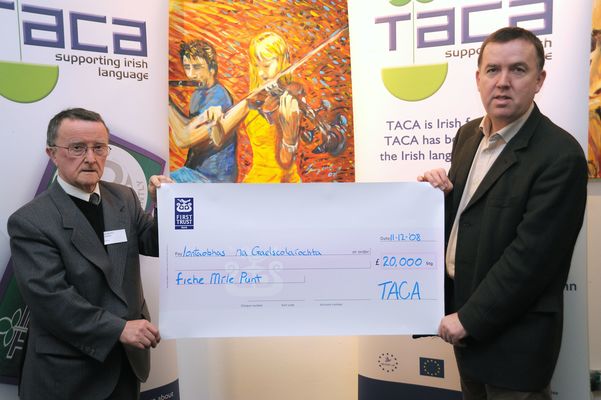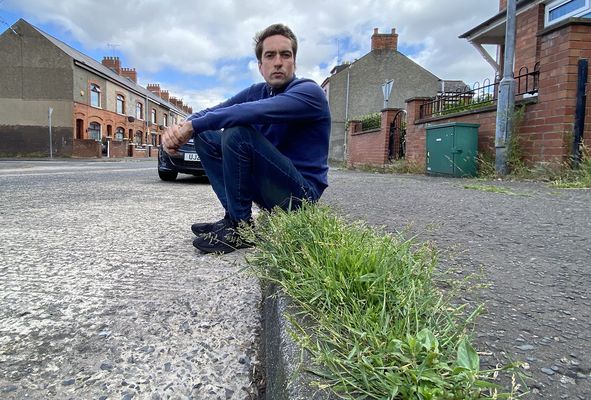THE head of the North's largest public sector union has warned that health and education workers cannot "rule out strike action" in the absence of "pay justice" being delivered by a restored Stormont Executive.
Patricia McKeown, Regional Secretary of UNISON, said the union met with political parties ahead of the election to discuss its demands.
She stressed that there could be a "summer of discontent" if workers do not see movement on issues like the cost-of-living crisis, poverty and inequality, and the state of the health service.
UNISON met with political parties ahead of the election to discuss its manifesto, which lays out its solutions to a range of pressing issues to be addressed by government.

"Demand number one, and we made this very clear in the run-up to the election, is that whoever is elected has got to go back into government and doing business – everything else flows from that," she said.
The union leader said the impasse made it impossible to deal with the "untenable number of people on waiting lists" and "diminishing workforce".
"We already had a crisis back in 2019 and we took strike action across the health service for two reasons," she stated. "One was the lack of pay parity, but the other was the demand for safe staffing.
"We had been promised safe staffing legislation would get through in the lifetime of the last Assembly and it didn't make it. That's still a big outstanding issue. Coupled with that is the impact of the pandemic on the existing workforce. There's weren't enough of them to start with and there are even less of them now. The impact has been very critical. There were lots of people in frontline jobs that decided 'that's enough – there's other ways of making a living'."
She said the loss of frontline workers was an "indictment" of the situation faced by those in health, education, and in the community and voluntary sector.
Health workers took historic and sustained strike action in 2019 to achieve pay parity with the colleagues in Britain.
"We had demanded in 2019 – as we have done in the past – the return of a government within an equality and human rights framework," she said.
"That hasn't changed. There were some of those commitments in NDNA (New Decade, New Appoach Agreement), but a great deal of NDNA hasn't seen the light of day. There's major unfinished business there."
With cost-of-living crisis biting, UNISON has formulated pay claims for its members in both health and education. However, Ms McKeown said there cannot "pay justice" without an Executive.
"The remaining Ministers have tested their powers, they've tested them in the courts, so we know we're in a very difficult positions at the minute," she explained. "Like the rest of the population we do not know what's going to happen in the days weeks and months ahead."
Ms McKeown insisted that industrial action in 2019 has "played a role in getting the government back up and running".
During that time UNISON wrote to political party leaders asking them to sign a statement to the UK government, urging it to release resources. Asked if workers were prepared to strike over the current impasse, Ms McKeown said: "We never rule out strike action."
"Our current position is that our members, on a consultative ballot are up for further action," she added.
"We sensibly took the approach of seeing what happened in this election and what commitments we could get from the parties. We have strong commitments, if those commitments can be put into effect, but that requires a government. If we don't have a government and we're not able to see movement on health pay I would have no doubt that our members would be seeking to take further industrial action.
"And not just our members in health, our members in education have suffered very badly and they've formulated the next (pay) claim, a multi-union claim, and we'd expect to see action on that. If we don't see action on that they've already made their views clear as well. This could be a summer of discontent."







